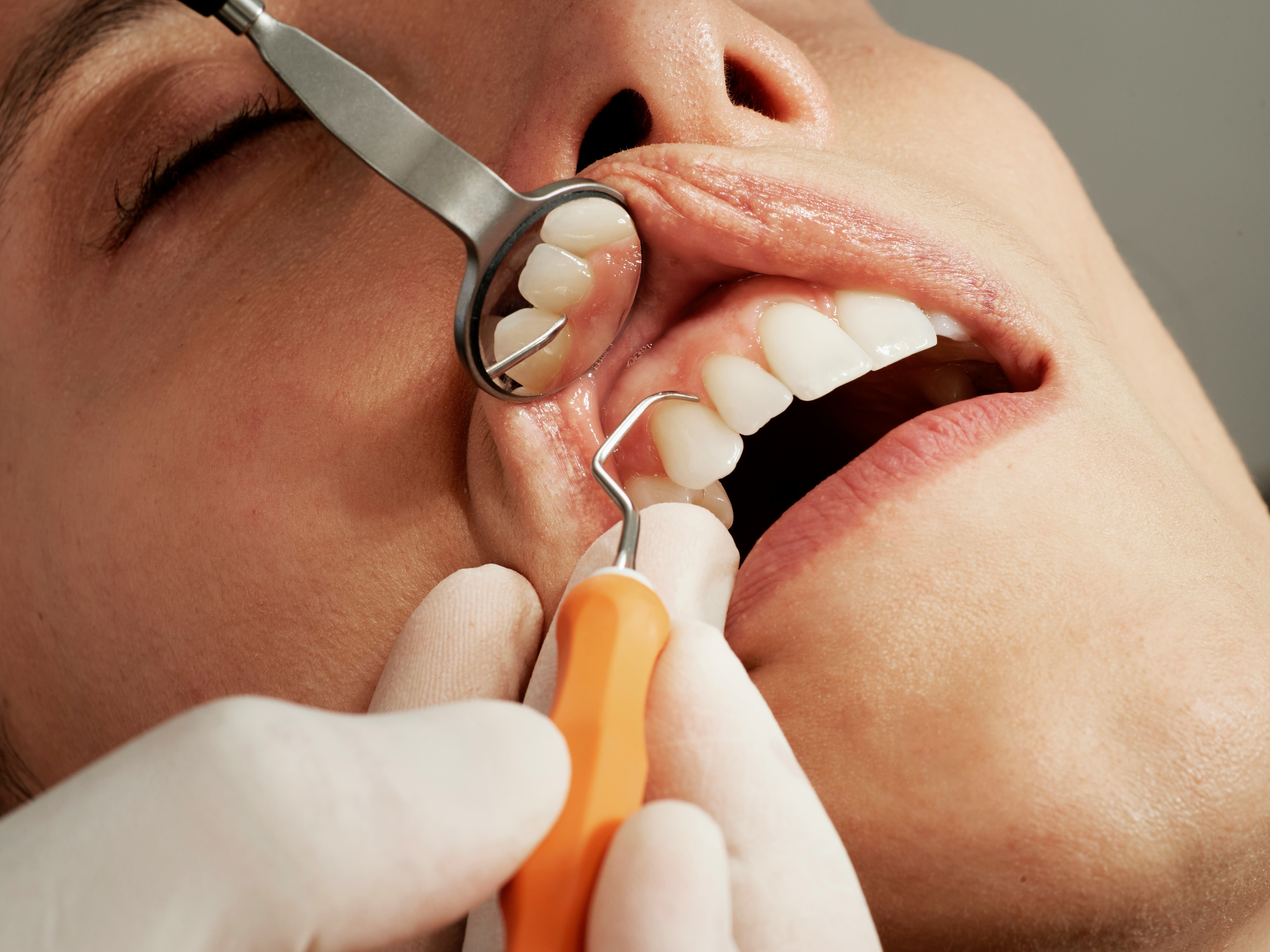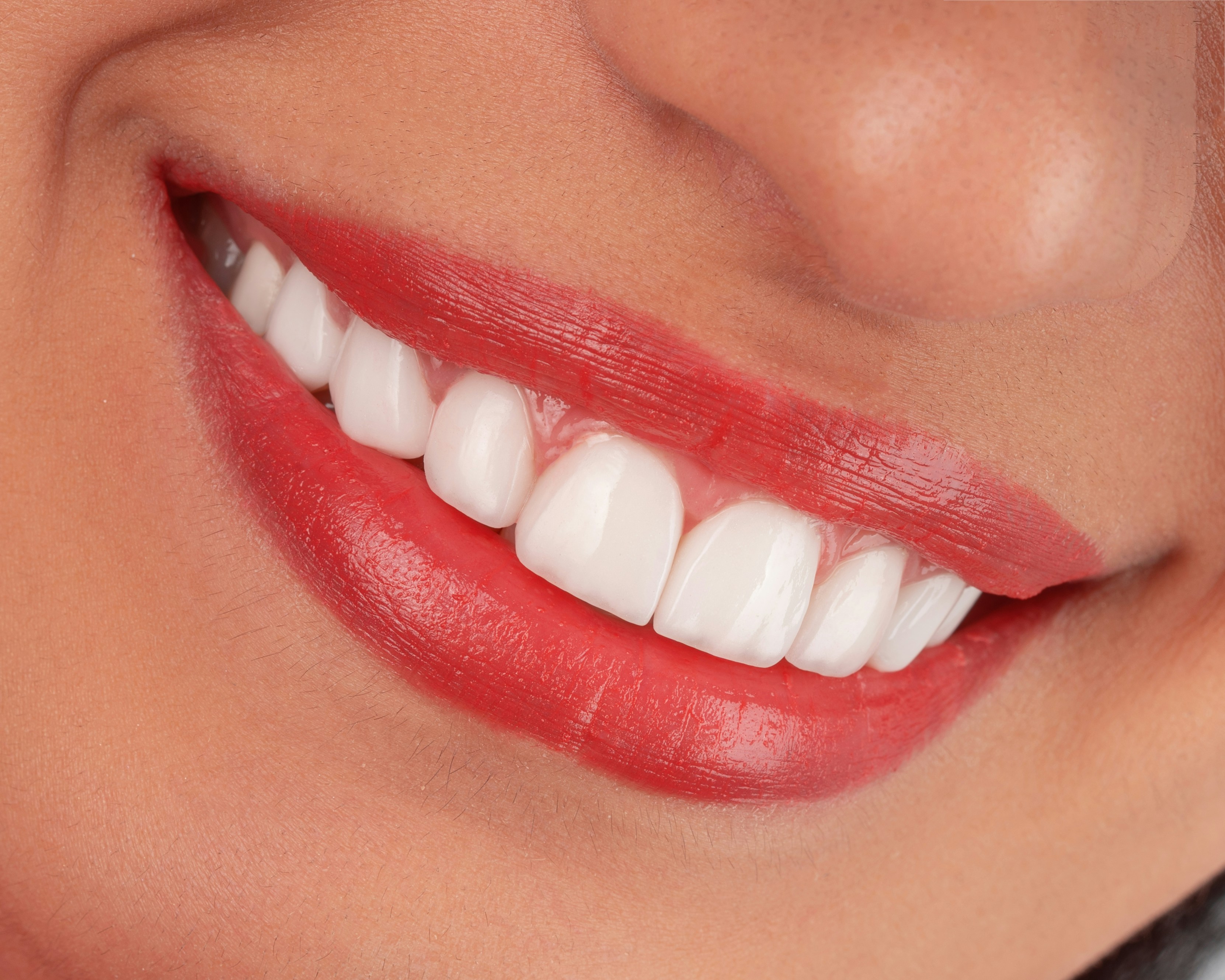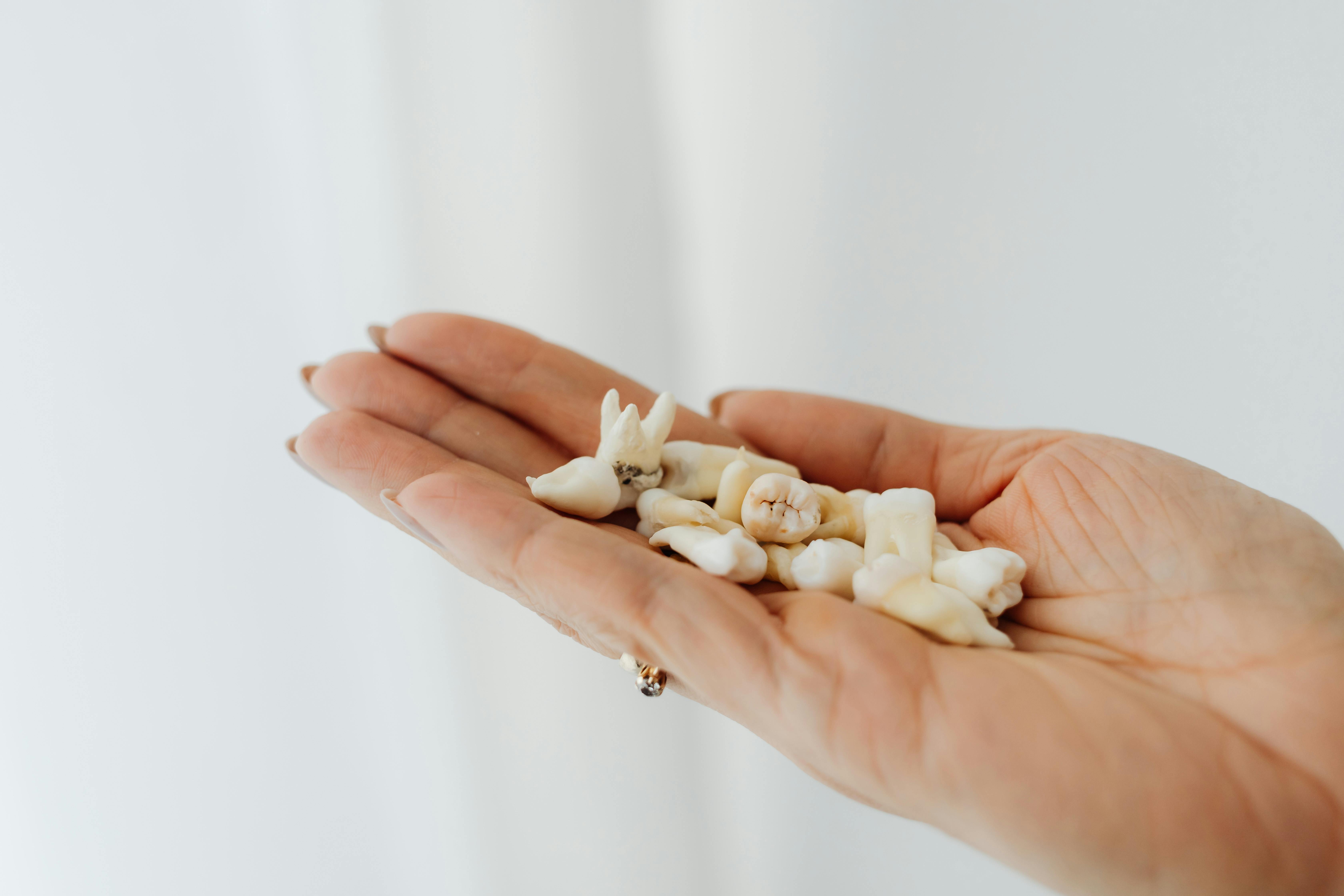The Role of Zinc in Fighting Bad Breath and Gum Disease
The Role of Zinc in Fighting Bad Breath and Gum Disease
When we think of essential minerals for oral health, calcium and fluoride usually take center stage. But there’s another unsung hero in the fight against bad breath and gum disease — zinc.
From mouthwashes to toothpaste, zinc is now a common ingredient in dental products. But how does it work? And should you be using it to improve your oral health?
At Gargi’s Dental Care, Kolkata, we’re committed to helping you understand the science behind a healthy smile. Here’s what you need to know about zinc and why it may be the missing link in your oral hygiene routine.
What Is Zinc and Why Does It Matter?
Zinc is a trace mineral that plays a role in immune function, wound healing, and cell growth. In the context of oral health, zinc is known for its antibacterial and anti-inflammatory properties. It helps limit the growth of harmful bacteria in the mouth, making it a powerful ingredient in preventing common issues like bad breath (halitosis) and gum disease (gingivitis and periodontitis).
How Zinc Helps Combat Bad Breath
Bad breath is typically caused by volatile sulfur compounds (VSCs) released by bacteria that live on the tongue and in the gum pockets. These sulfur compounds are what give morning breath or persistent halitosis that unpleasant odour.
Zinc helps fight bad breath in two key ways:
- It neutralizes VSCs, binding to them and reducing their smell.
- It inhibits the growth of odor-causing bacteria, especially Porphyromonas gingivalis and Fusobacterium nucleatum, which are associated with both halitosis and gum infections.
Zinc-based mouthwashes and lozenges can provide long-lasting freshness and are often recommended as part of treatment for chronic halitosis.
Zinc’s Role in Gum Health
Beyond fresher breath, zinc contributes to stronger gums and helps prevent inflammation. It acts as an anti-inflammatory agent, reducing gum swelling and irritation. It also supports wound healing and tissue repair, which is crucial for those recovering from gum infections or dental surgeries.
Zinc can be particularly helpful in reducing plaque formation, one of the leading causes of gum disease. Fewer bacteria mean less buildup—and that means healthier, more resilient gums.
Sources of Zinc for Oral Health
You can get zinc in your diet through foods like:
- Pumpkin seeds
- Chickpeas
- Lentils
- Whole grains
- Meat and dairy products
But for targeted oral health benefits, zinc is most effective when applied topically through:
- Zinc-containing toothpaste
- Zinc-based mouthwash
- Oral sprays or lozenges with zinc salts (like zinc gluconate or zinc citrate)
Before starting any supplements or new products, it’s best to consult your dentist to make sure you’re using the right form and dosage.
Should You Use Zinc in Your Oral Care Routine?
If you’re dealing with persistent bad breath, bleeding gums, or early signs of gum disease, a zinc-enhanced product might help. However, it’s not a standalone solution. Zinc works best as part of a complete oral care plan that includes brushing, flossing, and regular professional cleanings.
At Gargi’s Dental Care, Kolkata, we recommend products based on each patient’s specific needs. If you’re struggling with halitosis or gum sensitivity, we’ll help identify the cause and suggest evidence-backed treatments—zinc included, if appropriate.
When to See a Dentist
Persistent bad breath or bleeding gums aren’t just hygiene issues—they can be signs of deeper problems like gum disease, dry mouth, or infection. Zinc might offer relief, but if symptoms persist, it’s essential to get a professional evaluation.
Book your dental consultation at Gargi’s Dental Care, Kolkata today. Our team is here to diagnose, treat, and guide you toward a fresher, healthier smile—naturally and effectively.







.jpg)


